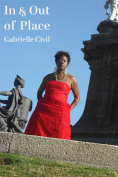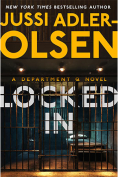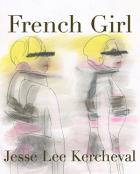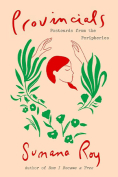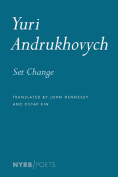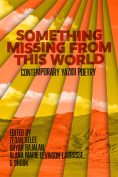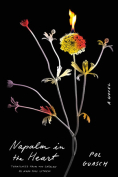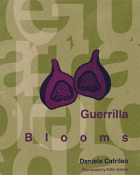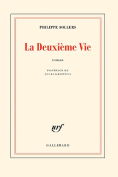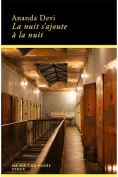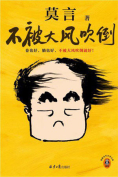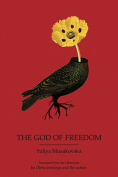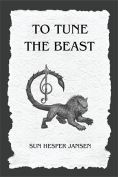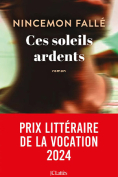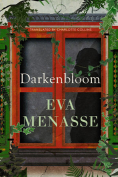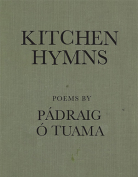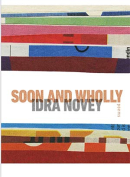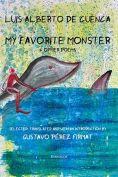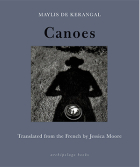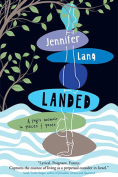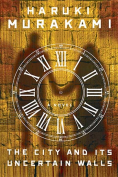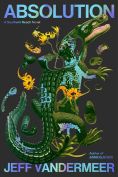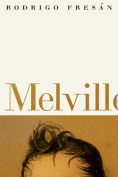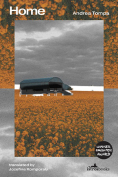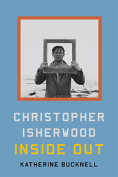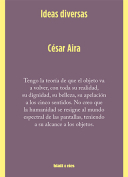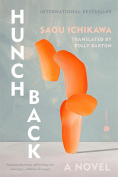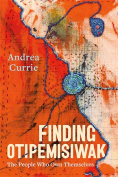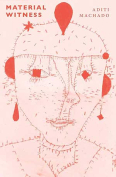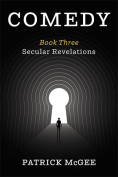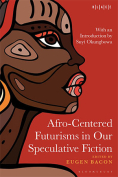Set Change by Yuri Andrukhovych
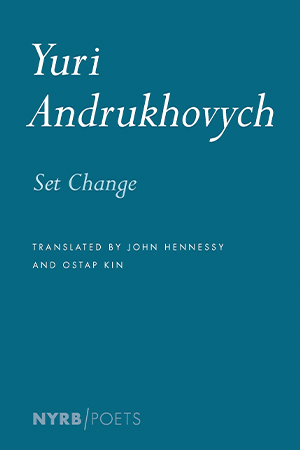
New York. NYRB Poets. 2024. 176 pages.
Yuri Andrukhovych is one of Ukraine’s most prominent living writers. For forty years, he’s published scores of poems, novels, and essays, but it’s the poetry, the genre with which he began his career, that readers have always known best. He was, it seems, something of a phenom from the get-go. Like a Ukrainian Rimbaud, some of the poems he penned in his earliest years have come to be considered classics of the form. Unlike Rimbaud, he went on writing and remains at it to this day (see WLT, Sept. 2005, 28–32).
In Set Change, the first wide-ranging collection of Andrukhovych’s verse to appear in English, translators John Hennessy and Ostap Kin have provided readers a means to understanding just what drove the poet’s early popularity. They’ve winnowed some fifty poems from the pile—no mean task, even if (the reader suspects) that process was tantamount to separating the wheat from the wheat. In doing so, they’ve plucked some ten poems apiece from each of the five volumes Andrukhovych published during his first decade as a writer. Their selections testify in turn not only to the workings of a style and a voice but to the poet’s personal, artistic, political, and intellectual developments over the course of the 1980s.
Set Change tracks that long decade of Soviet dissolution. And its poems occupy various registers to do so, from the satirical and the fabulistic to the deadly serious. The readiest place-name to appear in these pages is that of Lviv, where Andrukhovych established himself as a young man. Youth itself pervades these pages—soccer balls fly through the airspace of more than a couple of poems—but Ukrainian history is just as frequently invoked. There’s recent history, as in “Elegy for the Sixties,” in which Andrukhovych remembers:
Summer, the smell of a soccer ball, elderberry, currant,
couples made out in the evening bushes,
and when the twilight descended beyond the river,
the stony sidewalks smelled of warm rain.
And then there’s the more distant stuff, as in “Three Ballads,” which lifts its subject matter (such as the catastrophe, in 1826, of a tower collapsing into the market square) from a book on local tourism. Like “The Ballad of Return” (a masterful little fable drawn from Andrukhovych’s debut, Sky and Squares, and the first piece to appear in this book), many of these poems make no claims to being more than what they are: good old-fashioned narratives, rhythmically and sensitively arranged, appealing in turn to a kind of timelessness that does not belie so much as ground the author’s parallel discoveries in formal experimentation.
Though heavily influenced by the dadaists, Andrukhovych never indulges in impenetrability. When one of his poems has its reasons for going sideways, it’s typically toward the surrealist vision, the illogic of Kafka, which is to say the internally consistent illogic of dreams, rather than the coded nonsense of a cut-up. No matter their method, and virtually without exception, these are poems that unspool one man’s lucidly observed, daringly imagined, assuredly sui generis vision of the world. They combine a respect for tradition with just the kind of restlessness that makes tradition tremble. It’s thrilling stuff, and it will make most of the poetry you read feel hopelessly flat.
Eric Bies
Fountain Valley, California
